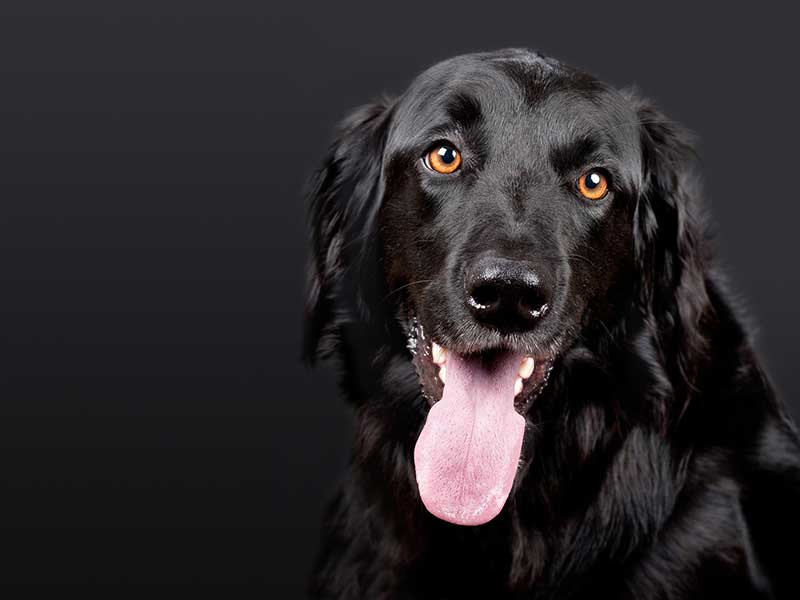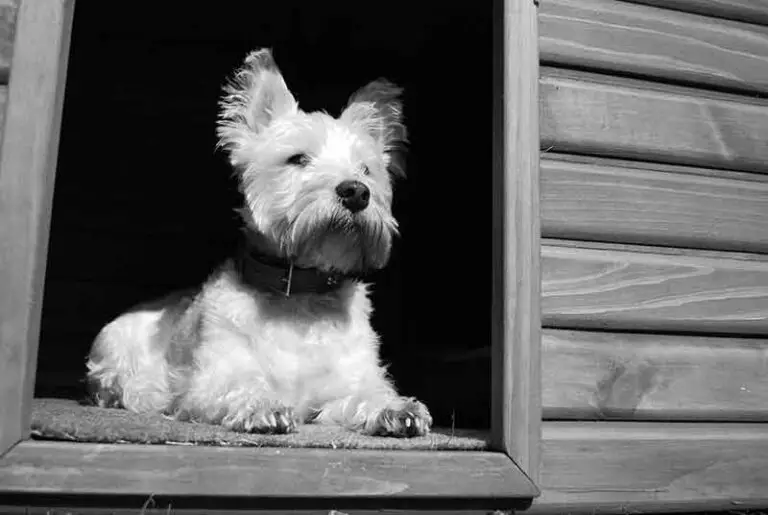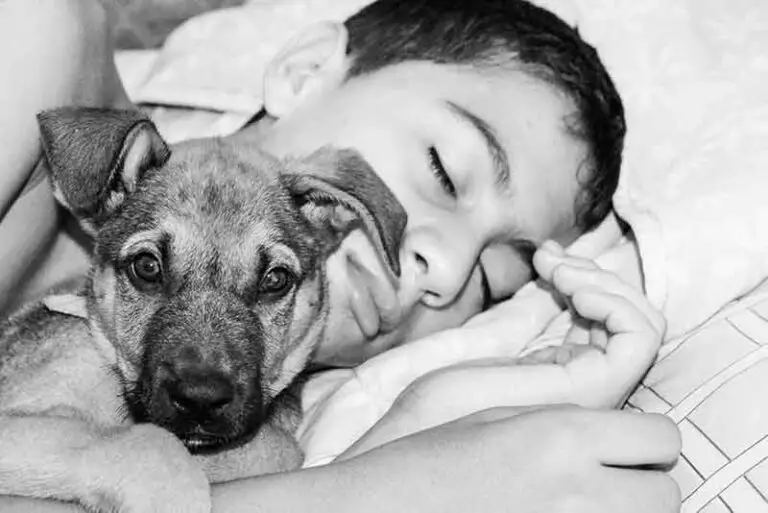Why Do Dogs Keep Their Tongues Out? Reasons Explained
All dog owners like watching their dog companions perform particular actions, such as wagging their tails, turning around, lifting their ears, and many other things. But occasionally, we notice that our dogs are keeping their tongues out!
After a long walk or maybe even when the dog is just sitting next to you, you often see this. You might also have questioned why dogs keep their tongue out – and if your dog is thirsty, hot, or suffering from a disease.
So, why do dogs keep their tongues out? There may be a variety of reasons for this. Being too hot, tense, or even too excited or comfortable may result in this behavior. Some of them may be simple behavioral adjustments or a sickness that went undiagnosed. But don’t worry, we’ve got eight reasons why dogs stick their tongues out and what you can do about it.
Why Do Dogs Keep Their Tongue Out? 8 Reasons
- Your dog is getting too hot
If you notice the dogs keep their tongue out while also breathing deeply, this is a normal dog behavior known as panting.
In hot weather, panting helps dogs stay cool and is equivalent to human sweating, which can also cause dehydration.
Therefore, if you want to prevent this, ensure the dog is well-hydrated. Also, consider keeping him in a cold place to lower his body temperature.
- Your dog is tense
Dogs can exhibit the same symptoms humans do when they become stressed by keeping their tongues out.
Therefore, if there isn’t a clear cause for this behavior, it is more likely that your dog is stressed out and nervous about something. Keep an eye out for any indicators of unpleasant sensations.
Ask your pet’s vet to examine your dog if it has unusual pooping habits, hides, or keeps his tail between its legs when he is allowed to socialize.
- He is excited
However, it can also be the exact opposite; for instance, when your dog is happy to receive a reward, he may stick his tongue out.
Furthermore, when they are sexually stimulated, some dogs will stick out their tongues.
A male and female dog will pan excessively while they are mating, and the male may mount the female multiple times while putting his tongue out.
- The canine simply feels comfortable
Yes, it can be puzzling at times. Dogs keep their tongues out when they are very comfortable.
Your dog might simply keep the tongue out the entire time if you are lovingly massaging his stomach or petting him on the head.
You don’t need to worry about this at all because the dog is happy and is just doing so in his own unique way.
- Your dog has hanging tongue syndrome
Dogs suffering from “hanging tongue syndrome” often struggle to keep their tongues in their mouths.
Any dog can develop it; however, some breeds are more prone to it than others. Because their tongues may be too big for their mouths or because of the way their jawbones are built, smaller dogs and brachycephalic breeds are more likely to develop this problem.
Suppose your four-legged friend is suffering from a neurological condition, such as seizures that cause his jaw muscles to become immobile.
In that case, he may also develop hanging tongue syndrome. If you see your dog shaking its body and sticking out its tongue, please get in touch with your veterinarian immediately.
- Your dog is affected by medications
If your dogs keep their tongues out around the time they start taking medication; whether it be an antibiotic, painkiller, or nutritional supplement, it is acceptable to conclude that the two are related.
So discuss with your veterinarian and determine if the medication or dose must be modified.
- Your dog has dental problems
Dogs with dental problems, such as missing teeth, periodontal diseases, etc., may develop a sticking tongue.
Please get your friend checked out by your veterinarian if its tongue starts to come out unexpectedly and there is a lot of drooling.
Underbite or overbite is another problem; in some dogs, it can also decrease or alter the room’s shape in the mouth, obstructing the tongue’s passage.
A dog’s tongue may hang out due to extreme trauma or injury to the jaws and mouth.
- Your dog is displaying the Flehmen response
Many mammals engage in the Flehmen response, sometimes known as tonguing or sniffing the air. It is a natural reaction to pheromones; therefore, a male dog will often sniff after a female.
In most mammals, this behavior manifests as a tilted back head, curved back upper lip, and complete stillness for a few seconds, although dogs keep their tongue out when doing so.
What To Do When Dogs Keep Their Tongues Out?
It’s typical for your dog to pant and have his tongue hanging out. Dogs can get excited and keep their tongues out, so you don’t have to do anything in such situations.
However, a vet should be consulted if your pet looks to be panting excessively and there doesn’t appear to be a valid explanation for it.
You can only inspect your dog’s mouth to a limited extent at home; however, a veterinarian can perform a much more complete examination, particularly if your dog keeps his tongue out because he is stressed or in pain.
The hanging tongue syndrome or dental problems may be to blame for this.
When it comes to your dog’s health, it’s always preferable to be safe rather than sorry. Therefore, it is essential to check your dog’s mouth for any growths or abnormalities, as well as if you notice any teeth missing or red, swollen gums.
These problems should be treated as quickly as possible regarding your dog. So, always visit a veterinarian if your dogs keep their tongue out but the behaviors you see do not match the eight reasons mentioned above.
Thank you for reading this post. Stay tuned with Jack Russell Owner for more interesting posts about your favorite dog breed. Have a wonderful day!








